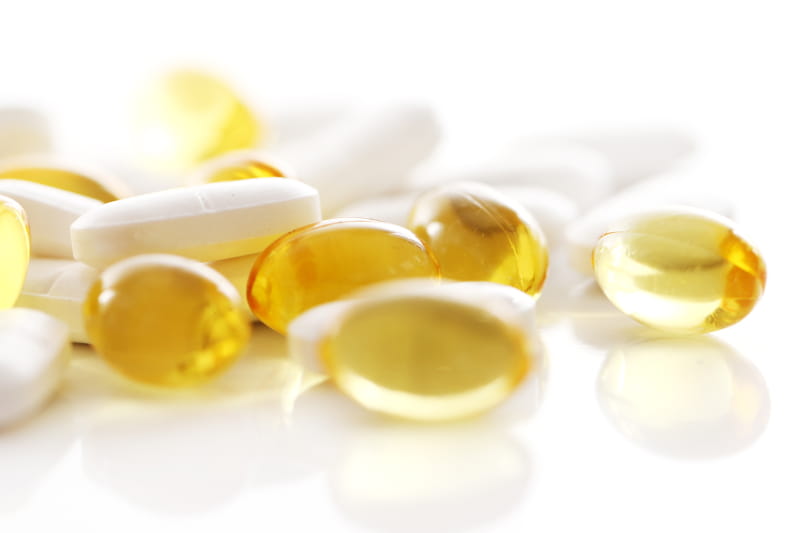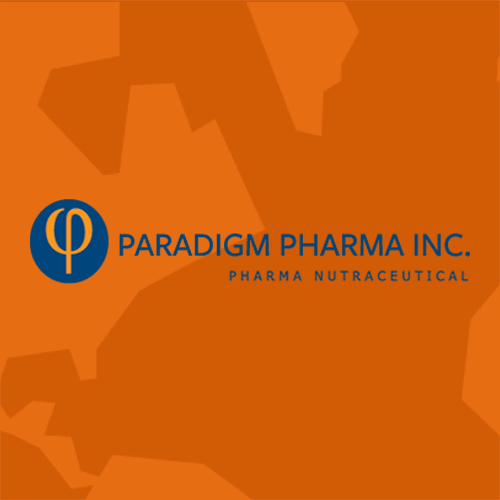
For The Consumer, The Prospect For Safer Dietary Supplements
The U.S. FDA is moving closer to adopting regulations that will ensure the safety of ingredients that go into all those capsules and tablets consumers ingest in the hope of promoting health and preventing disease. The agency issued draft guidance on August 11, 2016, a revised version of what it had proposed back in 2011. The revised draft presumably takes into account industry comments on the old version, which were scathing, particularly from politicians representing the Supplement Belt.
The U.S. FDA is moving closer to adopting regulations that will ensure the safety of ingredients that go into all those capsules and tablets consumers ingest in the hope of promoting health and preventing disease. The agency issued draft guidance on August 11, 2016, a revised version of what it had proposed back in 2011. The revised draft presumably takes into account industry comments on the old version, which were scathing, particularly from politicians representing the Supplement Belt. Not surprising that the revised version has also generated similar reactions. That the industry compliance will cost billions of dollars, which will of course show up in the price the consumer will pay. It may be costly for the industry, but it’s a boon for the consumer. It would be hard to deny that regulatory oversight has been long overdue for all those ingredients, in their natural or modified and altered forms, that go into dietary supplements.
The notification will have to prove safety with scientific data, especially if the natural ingredients have been modified or altered in any way, whether during their extraction or in the process of manufacture of the final product. Evidence of historical use alone will not be enough to claim product safety. This will drastically impact the $30-billion industry, which is mostly made up of companies that thrive on marketing prowess than research and development. There has been little barrier to entry in this industry. In 2012, there were 55,600 dietary supplements in the market, according to the FDA, and since then 5,560 new dietary supplement products have come on the market each year. In 1994, there were just 4,000 products in the market. As much as we hate regulations, FDA’s new regulatory fram.







